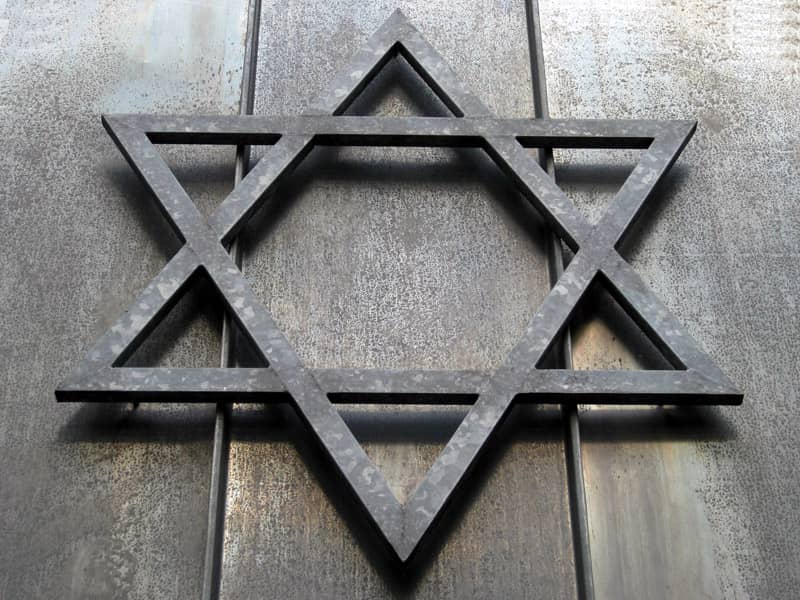On the Shelf: The Bread of Affliction
The same duet every year. At the seder my mother and aunt sing in Ladino--a medieval Spanish leavened with Hebrew--miraculous to hear for its own survival in the Diaspora: Este es el pan de la afrision que comieron muestros padres en tierra de Egipto. Todos que tengan hambre venga y pase. Todos que tenga de menester come con mosotros. Este año aquí y el año viniendo en Jerushalayim, hijos foros.
This is the bread of the affliction which our ancestors ate in the land of Egypt. Let all who are hungry come to us. Let all who are in need come and eat with us. This year we are here, next year we will be in Jerusalem.
Ladino is our language of celebration, of survival. It is the language of the long, doleful poetry of exile. Tell my mother that Ladino is the Yiddish of Sephardic Jews and you fire the first shot. Tell her that to be a real Jew you have to know Yiddish and it escalates into outright war. I've seen it happen at the butcher and the grocery store, in the hallways of schools. And so the two sisters sing proudly, defiantly, to welcome the stranger, to stave off the hunger.
Hunger means different things to different people. For so many of us, the empty belly kind is simply another plague to conjure. Then there is the deliberate hunger of the ta'anit or fast. For my mother and aunt that hunger is a magical curative. And so they'll initiate a ta'anit to erase illness, unhappiness, bad luck and other misfortunes in their lives. But only on Mondays and Thursdays--K'riat HaTorah--the days when the Torah is read. That is when the doorway to God's kingdom opens just a crack. Hunger is a telltale sign of sacrifice; the optimal condition when slipping in divine requests.
Egypt, the center of our emotional geography, is about the rush into exile. The haggadah asks us to experience the Exodus as if we were actually there. No leap of imagination required for my mother and her family. In two generations they went from Turkey and Greece to Cuba and then to America. In recent memory it started when my grandfather, then a little boy on his way home from school, saw a young Armenian man beheaded by the Turks. The Jews had to be next. In Greece borders drawn were invariably redrawn. A Greek boy had his eye on my grandmother. Watch a Sephardic Jew for too long and you drive her to a place where prayers are whispered, petitions wordlessly uttered, and God, is the patrón de las sedakades--the patron of mercy.
And then there is the matter that there has never been enough time for the bread to rise. My grandparents locked the door of their Havana apartment and walked away forever with the key still in hand. For years it dangled on a key chain in America. On the kitchen table in Havana my grandmother left instructions about which plates were for meat and which for dairy, and where the Passover plates were stored. My grandfather scorched the bathtub burning the money he couldn't take with him. After all that, there was no time to knead dough for bourekas, for bread. No photos, no jewelry, not even a morsel of that bread of affliction. Permanent wanderers that we are, we are forced over and over to abandon possessions, countries. Only the Jew in us is handed down. Somos Judios. A slogan, a chant that echoes through the generations.
My mother and aunt hold up the bread of affliction that we have eaten in Spain, Turkey, Greece, Cuba and now America. All those in need of a place in history, a need to share in family myth come and celebrate the Passover with us. For Passover is as much about outrunning one's bad mazal as it is about freedom. It is about searching for firmer ground, safer ground. It is about a compromiso--an obligation to our ancestors to remember their lives and times as if they were our own.
And the sisters' song is their own retelling.
2016-06-30
2016-06-30
Beliefnet Editor
more from beliefnet and our partners

